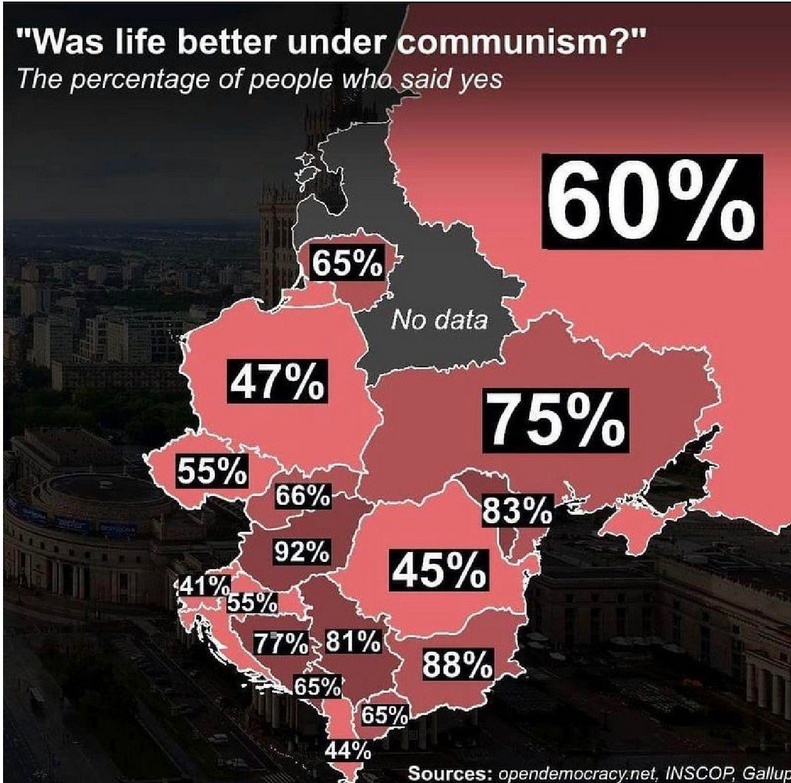

“A man’s ability may be great or small, but if he has this spirit [of selflessness], he is already noble-minded and pure, a man of moral integrity and above vulgar interests, a man who is of value to the people.”
Profile picture: Norman Bethune.


I am completely sure that China is indeed spending god knows how many millions in building more solar farms in a year than the US has built in their entire history so people like Jake from Minnesota can be convinced that China is actually a pretty cool place.
Do you people ever listen to yourselves?
The famously anti-soviet country of Belarus, unlike the extremely pro-soviet regimes of Poland, Ukraine and Lithuania.
A country goes far beyond one’s own surname.
Meanwhile, Eastern Europeans:

Thank you.
I know this all sounds like Mandarin to most of the userbase of this place (which I suppose to be mainly from the US and alien to the politics of places where big regional languages exist in the same space than even larger national languages), but it’s not only the attitude of some regular people but also of some major political forces. Just a few months ago, a far-right party in Spain vowed to shut down the Academy of Valencian Language if they ever reached power (something I suppose a linguist like you would never approve), under the excuse of its existence being “a threat to national unity”.
Nationalism: not even once.
I think you misunderstand what I am referring to. I am not talking about a wish to learn a language, but to consider languages as useful or useless in regards to their entire existence.
This is unfortunately not very uncommon in people of European countries who look down upon regional languages, stating that their existence or that learning them is useless (not for them only, but for anyone) just because you can already do the task of communicating with others through the national language (per example, considering the existance of the Occitan language useless because the people of everywhere where it is spoken can already understand French). This is done by people who not understand (or even worse, who don’t care about) the value that exists in language from a cultural perspective.
Thinking about different languages in the terms of “useful” or “useless” according to the number of speakers they have.
Edit: What I mean specifically is not for someone to want or not to personally learn a language, but if the existance in itself of a language is more or less valuable according to how many people speak it (per example and as I explained below, believing that Occitan’s existance is useless because there’s already French to talk to Occitan people with, who already understand it). Yes, this happens.